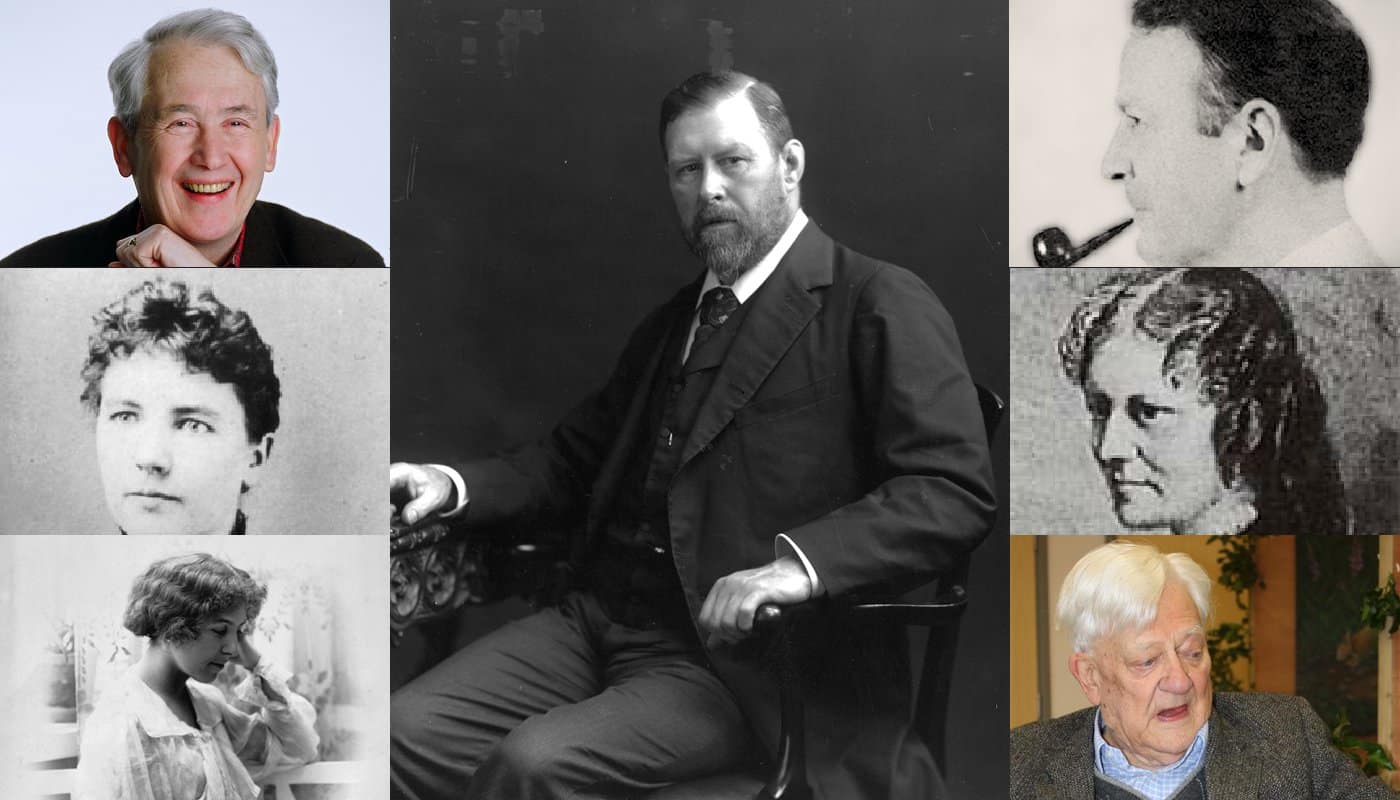Have you ever heard someone say, “No true writer would do that”?
It’s a way to dismiss new entrants to a field. It’s pure snobbery, too, and a logical fallacy.
While there are a lot of writers who care about beginners, there are those who see beginning writers as a threat. They think in terms of scarcity and competition: More writers means more supply and less demand. So they use the No True Scotsman argument to reject them and, well, make them feel bad, in hopes they’ll quit writing and quietly go away, leaving the field that much more open for the elite (of which they include themselves).
They see your work and dismiss it, saying, “No true writer would do X” (or Y or Z).
This is not helpful. It’s meant to hurt and diminish.
It reminds me of the concept of the Writer with a capital W. I had a friend once tell me—and this is from a writer who had been a paid professional for some years—that he didn’t feel he was a Writer yet. You could hear the emphasis on that W as he spoke. What exactly did he mean? I asked him. I’m not a real Writer, he said, but maybe someday. I’m still not sure what his criteria for being a Writer was. It was an unsettling conversation, and I didn’t know whether to there, there him or walk away. I think I did both.
The NTS Logical Fallacy (applied to writers)
The “no true [fill in the blank] would do that” is called the No True Scotsman argument, and it’s a logical fallacy. It reinterprets evidence to prevent being proven wrong, while counterexamples to the argument are dismissed as irrelevant because they are, allegedly, not what the contention is about (despite being valid counterexamples).
Here’s a great illustration of the argument from Logical Fallacies:
If Angus, a Glaswegian who puts sugar on his porridge, is proposed as a counterexample to the claim “No Scotsman puts sugar on his porridge,” the No True Scotsman fallacy would run as follows:
- Angus puts sugar on his porridge.
- No (true) Scotsman puts sugar on his porridge.
Therefore: - Angus is not a (true) Scotsman.
Therefore: - Angus is not a counterexample to the claim that no Scotsman puts sugar on his porridge.
The No True Scotsman fallacy involves discounting evidence that would refute a proposition, concluding that it hasn’t been falsified when in fact it has.
Substitute writer for Scotsman, and you might get this:
- A. B. Wordsmith uses run-on sentences.
- No (true) writer uses run-on sentences.
Therefore: - A. B. Wordsmith is not a (true) writer.
Therefore: - A. B. Wordsmith is not a counterexample to the claim that no writers use run-on sentences.
What might be a great counterexample—James Joyce’s 3,687-word “sentence” in Ulysses—is not a reasonable counterexample to the claim that no writer uses run-on sentences when following this absurd logic.
Welcoming New Writers
When you hear someone even coming close to a No True Scotsman argument at your next critique or writers conference, don’t try to win the argument—walk away. They’re not there to help you; they’re there to hurt you and help themselves in the process.
If you’re an experienced writer, be careful not to fall into the NTS trap. It’s a narrow, circle-the-wagons kind of thinking that doesn’t help the writing community grow and develop. It promotes scarcity thinking, and that’s not the way to succeed individually or as a group.
We were all new writers at one time, and goodness knows we can all learn our craft better. Let’s make sure we’re as welcoming and supportive of beginning writers as we can be.
Want to keep up with our blog? Sign up to get an email notification when we publish new posts.


